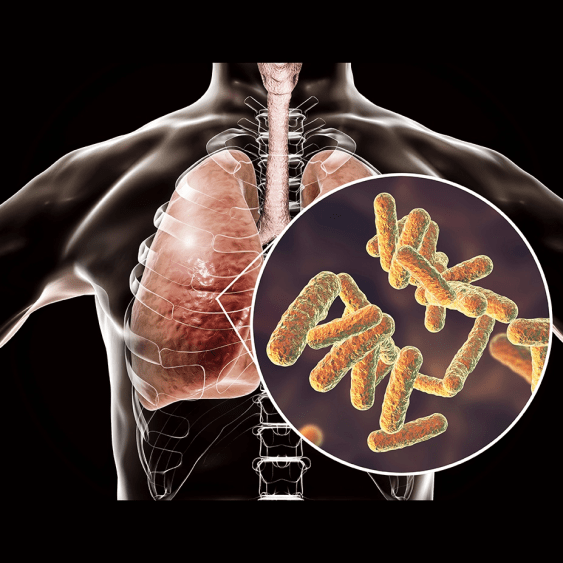EADV 2023: Characteristic Features of Microbial Flora in Patients with Psoriasis
This study explores the changes in the microbial landscape of the skin in patients with psoriasis and their relationship with the clinical characteristics of the disease. The research addresses the episodic and unstructured nature of previous studies on the skin microbiome in psoriasis patients. It aims to investigate the quantitative composition of the skin's microbial flora and the degree of skin hardening in psoriasis patients based on various clinical factors, such as the clinical form, stage, and disease duration. The study involved 37 psoriasis patients under observation and a control group of 28 healthy individuals. The skin microbial landscape in the psoriasis patients was found to be mainly composed of microorganisms from the Staphylococcus genus, including S. aureus, S. epidermidis, and S. saprophyticus, as well as Bacillus and Micrococcus genera. The study observed that psoriatic erythroderma exhibited the highest microbial contamination, followed by patients with widespread dermatitis and arthropathy, while common psoriasis without complications had the least microbial presence. The advanced stage of psoriasis correlated with higher microbial contamination, and the degree of contamination was significantly linked to the duration of the disease course. The findings suggest that Staphylococcus aureus and Staphylococcus epidermidis are dominant components of the skin microbial landscape in psoriasis patients. This leads to the hypothesis that these microorganisms may act as trigger factors in the development and progression of the disease. In summary, the study underscores the importance of understanding the skin microbiome in psoriasis, particularly the role of specific microorganisms in different clinical contexts, shedding light on potential avenues for future research and treatment strategies.
Poster ID 3687, European Academy of Dermatology and Venereology, Berlin 11-14 October 2023



